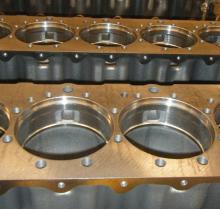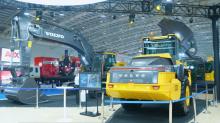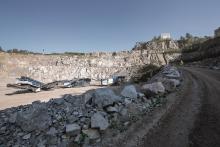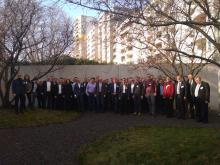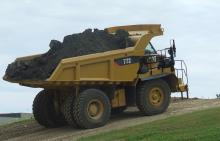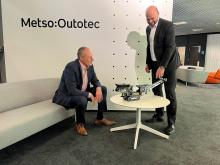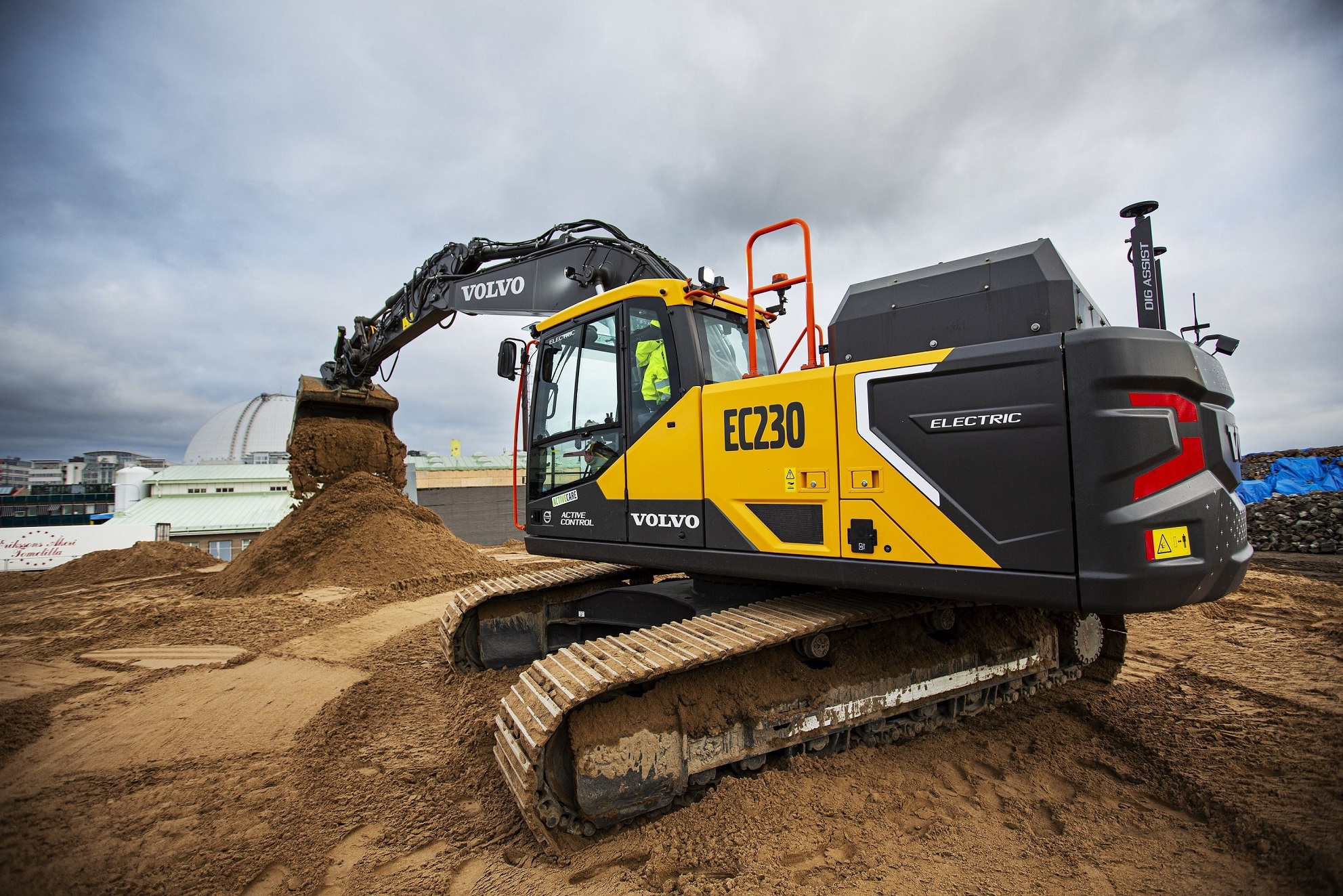
All global markets have enjoyed an increase in machine sales over the last quarter of 2022, with North America seeing the highest rise of 54% due to strong activity in the infrastructure segment. Meanwhile, China, which continued to be impacted by low economic activity last year during the Covid-19 pandemic and ongoing lockdowns, saw an increase in sales and deliveries in Q4 due to the introduction of emission regulations.
In Q4 2022, net sales increased by 27% to SEK 27,596 million compared with SEK 21,812 million for the same period in 2021, with a contribution from both machine sales and the service market. Adjusted for currency movements net sales increased by 13%, of which net sales of machines were up by 15%, and service sales remained on a similar level. For the full year 2022, net sales rose 9%, amounting to SEK 100,261 million compared with SEK 92,031 million for 2021. Adjusted operating income for the full year totalling SEK 13,244 million compared with SEK 12,228 million for 2021, and corresponding to an adjusted operating margin of 13.2% against 13.3% in 2021.
Global net order intake has continued to remain low, with a decline of 23% from Q4 2021, although still slightly more orders than the last quarter, Q3 2022. This was largely due to restrictive order slotting caused by large order books and long lead times in North America and Europe, as well as stopped sales in Russia. However, deliveries have increased by 4%, again due to emission regulations coming into effect in China and the good demand in North America and Asia.
While maintaining a steady financial performance, Volvo CE has continued to innovate this quarter by introducing powerful new solutions for the here and now and investing in a more sustainable future. The company is continuing to work towards its vision for zero accident worksites with the introduction of an automatic braking feature Collision Mitigation System for Volvo wheeled loaders.
Volvo CE also announced a large-scale investment into its facility in Braås, Sweden. Over the coming years, the plant will be adapted to produce a larger range of articulated haulers with different types of powertrains, including electric. These products will join one of the largest ranges of electric machines on the market, including the Volvo electric compact wheeled loaders and excavators and the larger mid-size EC230 Electric excavator.
Melker Jernberg, Head of Volvo CE, says: “We continue to take steps in our transformation journey – continuing said deliver reliable, efficient and more sustainable solutions fit for our customers’ needs today while driving investment across our business towards our fossil-free future.”
Except for China, activity in the construction industry has remained good across many regions, primarily driven by ongoing infrastructure investments and favourable commodity prices. Underlying demand in the North American market remained solid due to steady infrastructure activity, and in South America, the overall market in Q4 was impacted by a slowdown of investments in Brazil. Meanwhile, the market remained relatively steady in Europe despite signals of a weakening business climate.
Most Asian markets enjoyed continued high demand for commodities, partially offset by lower construction activity in key markets such as South Korea and Thailand. And while China was still affected by restrictions and lockdowns caused by the Covid-19 pandemic, it did, however, see a positive development because pre-bought electric machine sales were coming into effect from December 1, when emission regulations were introduced.

